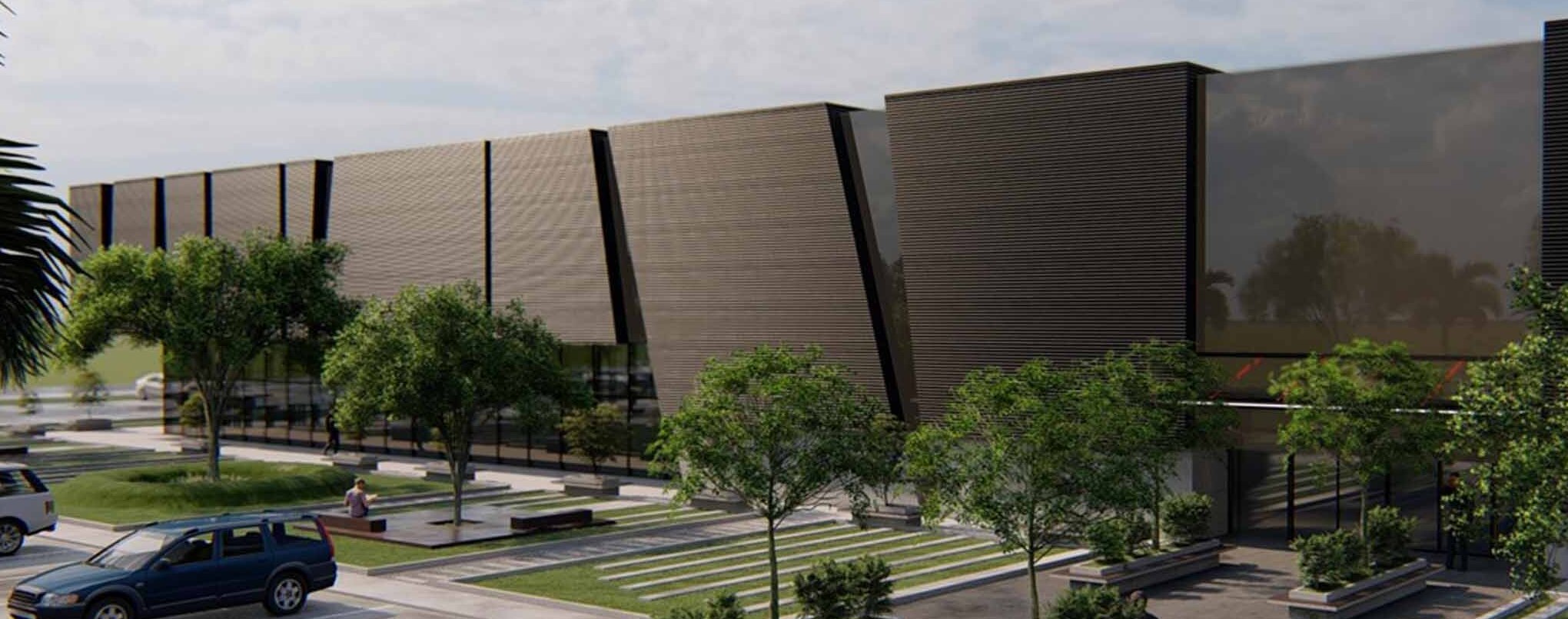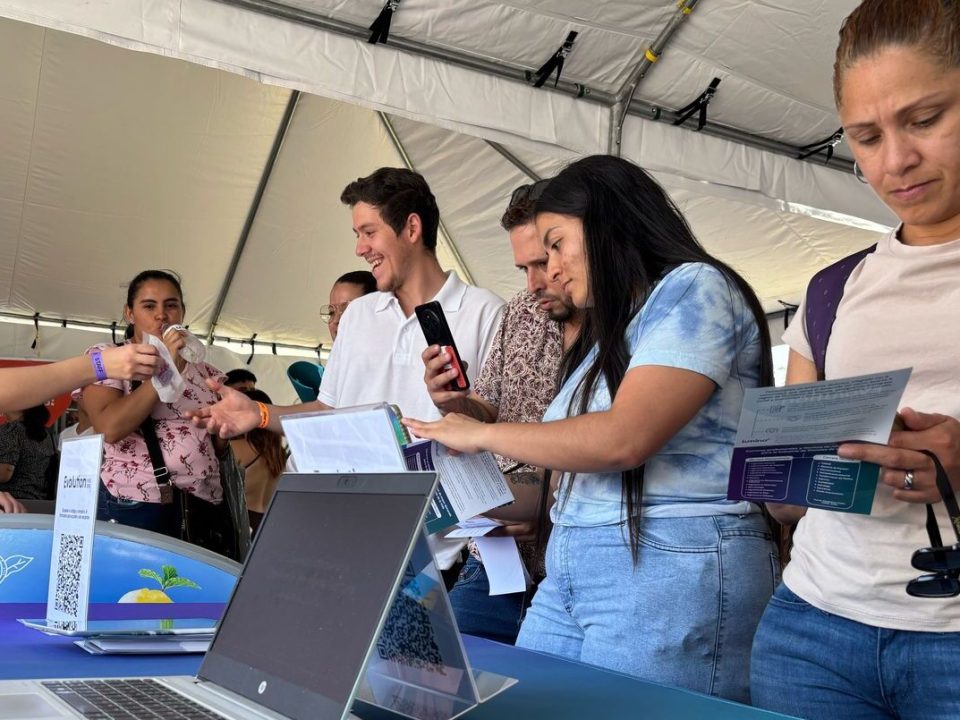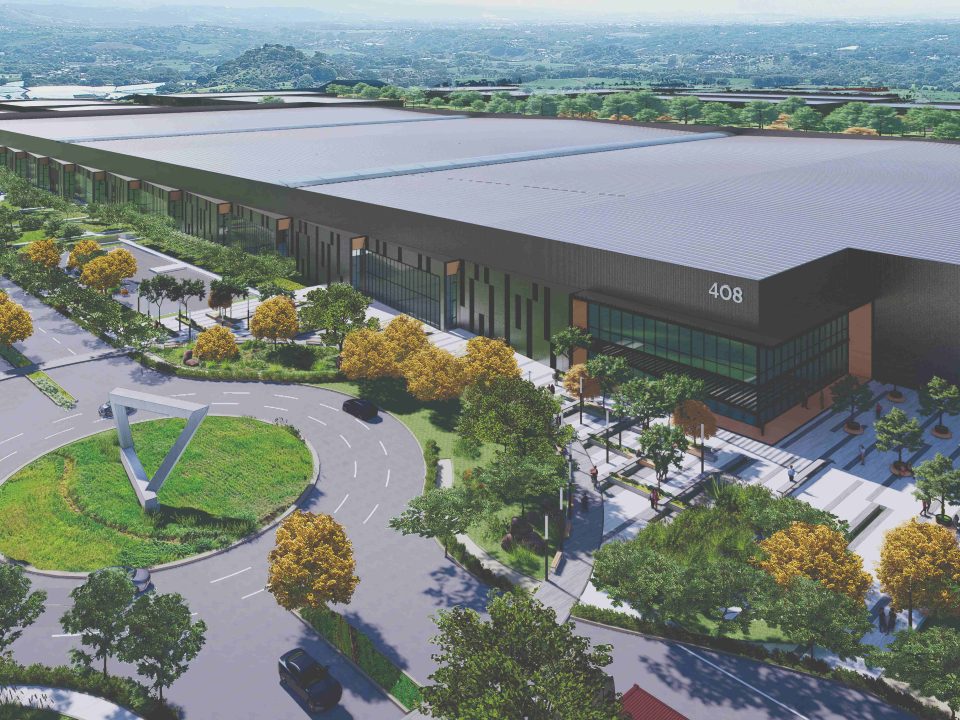

News

Who is behind Evolution Free Zone expertise?
22 de December de 2022
Free Trade Zones in Costa Rica are the best ally for the growth of medical device companies
14 de February de 2023What could Free Trade Zones expect in 2023? Investment experts are betting on different trends to be reflected in 2023.
January, 2023. As the new year begins, investment experts are betting on different trends that will be reflected in 2023. Broadly speaking, companies are looking for the comfort and proximity that will allow them to react quickly and effectively to global processes which are beyond the control of their management and governments.
The possibility of economic recession, armed conflicts, closure of plants and ports, denial of permits, and the imminent presence of COVID, has made companies with an investment scenario in traditional markets -such as China- to look for ways to diversify.
With these variables, what could Free Trade Zones expect in 2023?
These are the three main trends pointed out by experts:
- Relocation and settlement of companies outside the main urban areas
- Strengthening of Nearshoring
- Creation and growth of investments
Relocation and settlement of companies outside the main urban areas, in this case, Costa Rica’s “GAM”
With the approval of the Law No. 10.234, Law for the Strengthening of Territorial Competitiveness to Promote the Attraction of Investments outside the Greater Metropolitan Area -locally known as GAM-, Costa Rica seeks to facilitate the settlement of companies under the Free Zone Regime outside this territory, through 11 amendments to the current law, including the expansion to three new categories in the Free Zone Regime, the expansion of services provided by the Free Zone parks outside the GAM, and new regulations and reduction of social charges, among others.
This undoubtedly provides an excellent progress opportunity for the more than 1,800,000 people living in cantons outside the most important urban area of Costa Rica.
Evolution Free Zone is a smart, innovative, and sustainable option in the province of Alajuela. Its strategic location in Tacares, Grecia, just 15 minutes away from the country’s main airport, places it as an important contender in attracting Foreign Direct Investment, transforming the Western Region and creating opportunities for all its stakeholders.
The Western region is in a strategic location, its proximity to the airport from where many products required by the advanced manufacturing industry are exported makes it attractive in itself. The human talent also makes companies interested in being able to provide their services in the area”,said Yahaira Barquero, Investment Promotion Manager outside the Great Metropolitan Area at CINDE.
Evolution Free Zone is committed to the growth of the area, promoting progress by relying on the outstanding human talent offered not only by Costa Rica, but also by the communities surrounding Grecia.
Strengthening of Nearshoring
Nearshoring is the trend of locating companies closer to corporate headquarters (literally, near their shore) with the intention of using their resources efficiently.
This has meant that companies in the Western Hemisphere have set their sights on countries within the Americas to continue their operations, leaving out recognized options, such as India and the Philippines.
Nearshoring contributes to the global economy and the fight against inflation through greater participation in global supply chains, in a sustainable and equitable manner to accelerate economic recovery and growth in the region,” said Mauricio Claver Carone, president of the IDB.
Also, there are the eight main phenomena that, according to Martin Ibarra -Vice President of the Board of Directors of the World Free Zone Organization accelerate nearshoring. These are:
1. Brexit, the total reformulation of the United Kingdom’s trade policy as a result of a total separation from the European Union’s customs and trade policy.

2. Trade war between the United States and China. The Asian country lowered its exports by $120 billion to the United States in 2021 and 30 countries increased them by $82.5 billion to the North American country.
3. COVID-19 caused the slowdown of trade flows of goods and services in the world.
4. Increase in the price of freight from China to the United States by up to six times. From July 2019 to July 2022, the increment was 408%. There are routes where the freight is worth more than the product in the container, so proximity has become a key strategy for the new international trade.
5. Evolution of e-commerce. This phenomenon has enabled SMEs to reach their foreign customers directly.
6. Concentration of regional value chains. China stopped exporting more than $108 billion to the United States.
7. Geopolitical alignment of global value chains. There is a tendency to trade with countries that share the same principles and political regimes.
8. Sustainability of world trade. Reducing this footprint may be an opportunity to make the region’s exports more competitive, in particular food exports.
Each of the situations above reaffirms the importance for companies to keep their business close, especially considering that the world may change at any time.
Creation and growth of investments
There are currently 519 companies operating in Costa Rica under the Free Trade Zone Regime, which in 2021 generated more than 22,000 jobs despite the pandemic, thanks to the incentives offered by the sector. Costa Rica attracted 103 new Foreign Direct Investment (FDI) projects that year, 30% more than in 2020.
Predictions point to 2023 allowing the Free Zone market to continue contributing to economic growth.
According to the Central Bank of Costa Rica, “The upward revision in GDP growth in 2022 is explained by a higher growth in external demand for goods manufactured by the special trade regime and services related to the entry of tourists, as well as business and IT services, which produce for the external market.”
As a result, industries such as pharmaceuticals, medical devices, renewable energies, textiles, and the automotive industry, are expected to benefit the most.
Costa Rica is taking advantage of the professionalization of its labor force, starting with the 8,406 students who have graduated in specialties from the professional technical colleges (CTP), developed by the Ministry of Public Education, in collaboration with the Costa Rican lnvestment Promotion Agency, CINDE. The figure amounts to 31,800 students graduated in the last five years.
A study conducted by CODE Development Group found 287 private schools and high schools and 20 universities present in the area of interest where Evolution Free Zone is being developed, and we are 100% sure that all this talent can be used in the future by a service industry that is becoming more professional every year”, mentioned Alvaro Carballo, president of CODE Development Group.

Additionally, according to the latest Education First (EF) report, Costa Rica has the second-best English language proficiency in the region, only behind Argentina, and the province of Alajuela has the third place in the whole territory.
Finally, the sustainable construction of buildings and the ability of Free Trade Zones such as Evolution Free Zone to customize design requirements, allows greater efficiency in construction, the incorporation of sustainable and smart elements to the work areas from the conception stage, and the sophistication of operations, thus strengthening the interest of companies to operate in Costa Rica.
Your company can be part of the change… let us tell you how.



